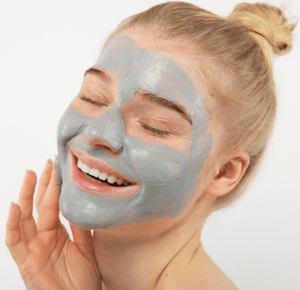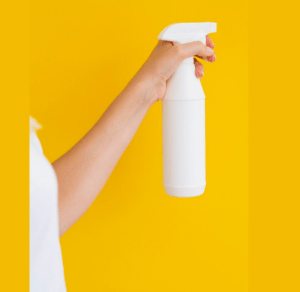Understanding Your Hair Type
Before diving into different hair treatments, it’s essential to know your hair type. Haircare solutions vary depending on whether your hair is fine, thick, curly, or straight. Understanding your hair type will guide you toward the right treatment.
- Fine Hair: Fine hair can easily become greasy or weighed down by heavy products. You’ll want lightweight treatments to add volume without causing buildup.
- Thick Hair: Thick hair needs more intense hydration and frizz control. Heavier treatments, such as deep conditioners and keratin treatments, work well for these hair types.
- Curly Hair: Curly hair can be prone to dryness and frizz. Treatments designed to lock in moisture and enhance curls are often the best fit.
- Damaged Hair: If your hair is damaged by coloring, heat styling, or other factors, you’ll need repair treatments rich in proteins and vitamins.
Choosing the Right Treatment for Your Hair Type
Selecting the right treatment depends on your hair type and its specific needs. Here’s a quick guide to help you:
- Fine Hair: Opt for lightweight treatments like deep conditioning or hair glossing to avoid weighing down your strands.
- Thick Hair: Keratin treatments and hair botox are excellent choices for thick, unruly hair.
- Curly Hair: Moisturizing treatments like deep conditioning masks and protein treatments can enhance curls while reducing frizz.
- Damaged Hair: If your hair has been damaged by coloring, consider an Olaplex or protein treatment to repair the structure of your hair.
Haircare Products to Complement Salon Treatments
Once you’ve chosen a salon treatment, maintaining the results with the right haircare products is crucial. Using sulfate-free shampoos, deep conditioning masks, and protective serums can prolong the effects of treatments like keratin or hair botox.
- Sulfate-Free Shampoos: Essential for preventing dryness and extending the life of your treatment.
- Moisturizing Masks: Keeps hair hydrated and soft, especially after chemical treatments.
- Heat Protectants: Necessary if you frequently use heat-styling tools to avoid further damage.
How Often Should You Get a Salon Hair Treatment?
The frequency of treatments depends on both the type of treatment and your hair’s condition. For example:
- Keratin Treatments: Every 3-6 months.
- Hair Botox: Every 2-3 months.
- Olaplex Treatments: Can be done monthly for continuous repair.
Conclusion
When it comes to finding the best treatment for your hair at the salon, the key is to understand your hair type and its specific needs. Whether you choose a keratin treatment for smoothing, Olaplex for repair, or hair botox for hydration, the right treatment can transform your hair’s health and appearance.






